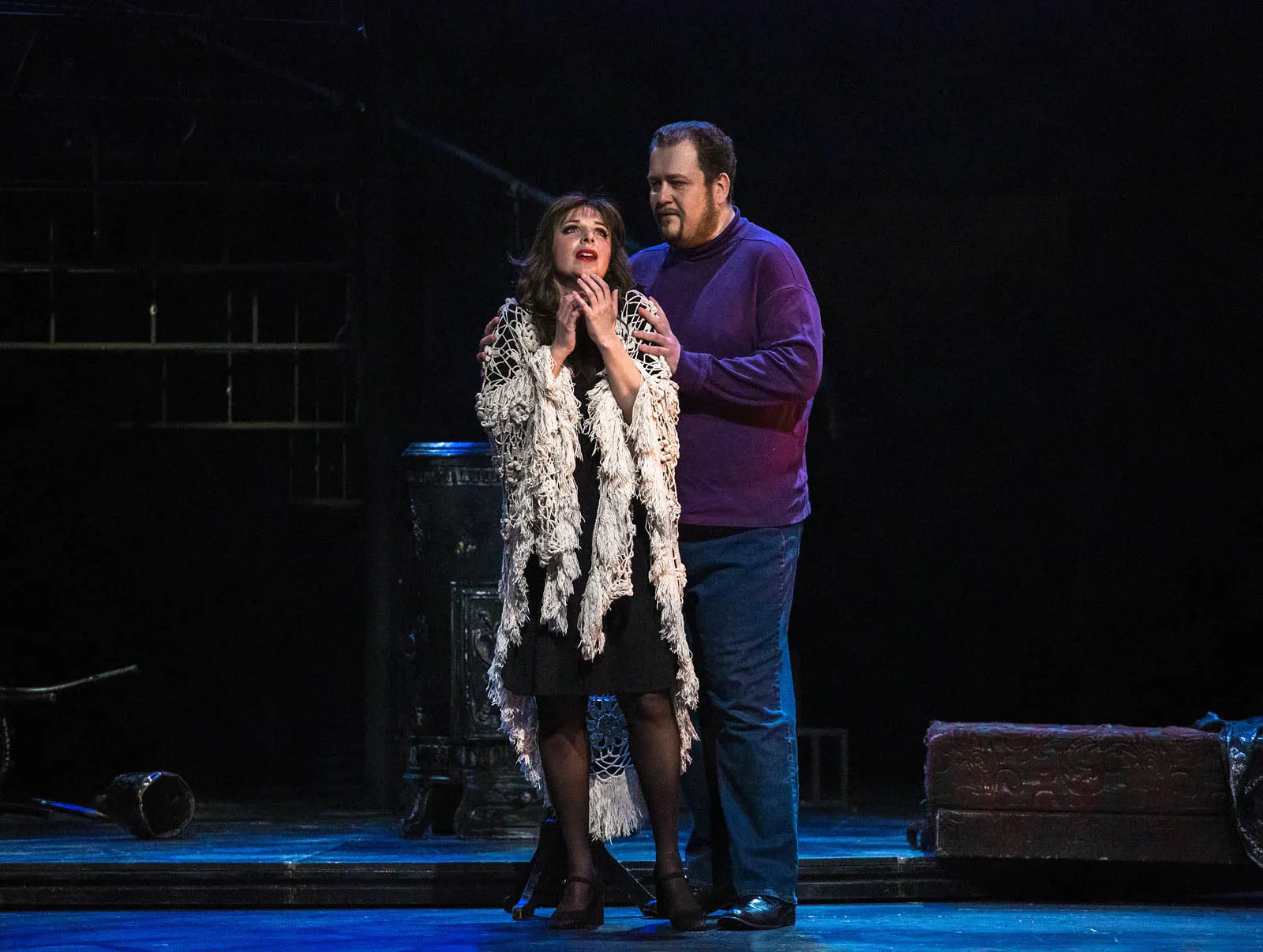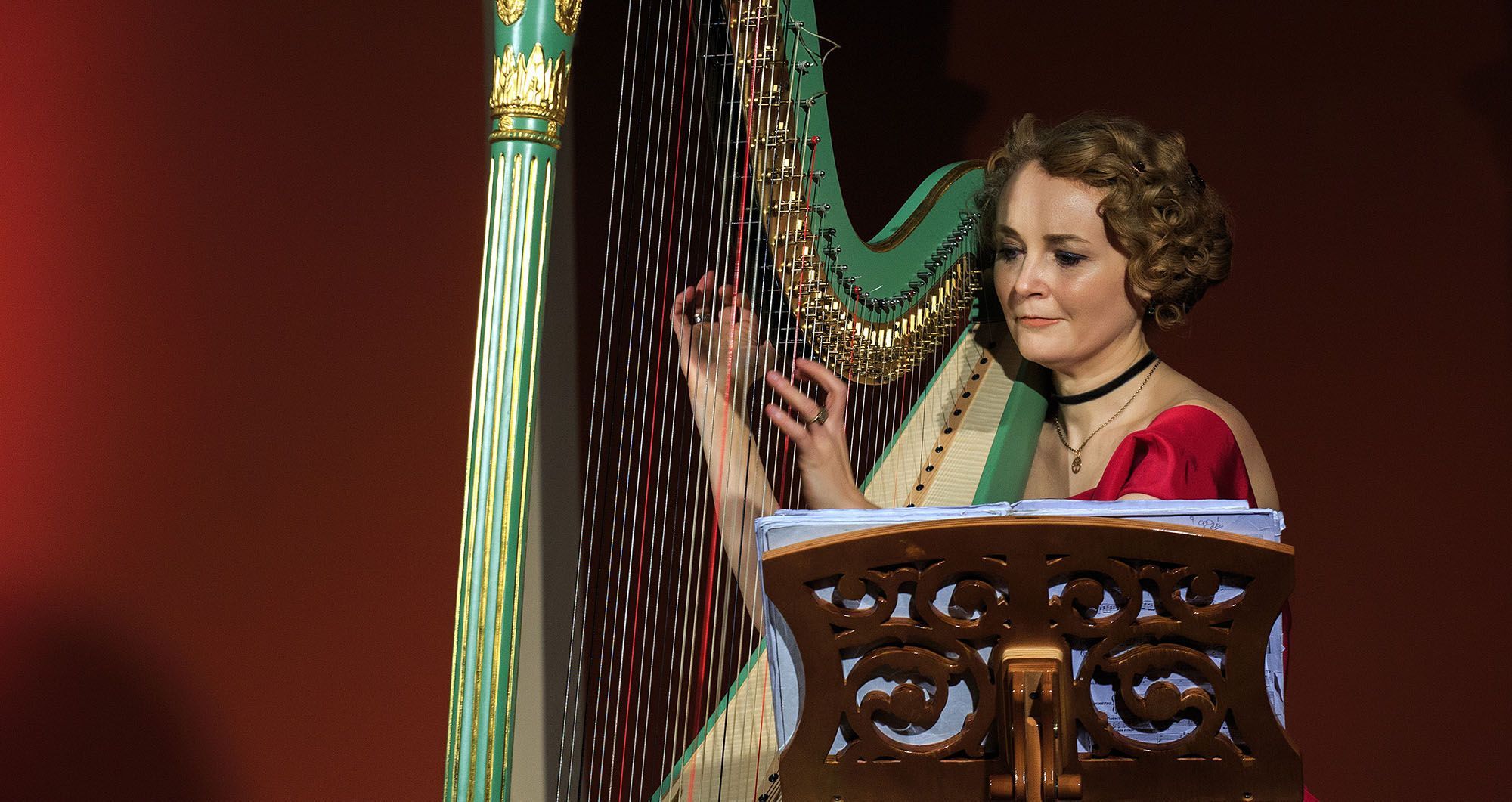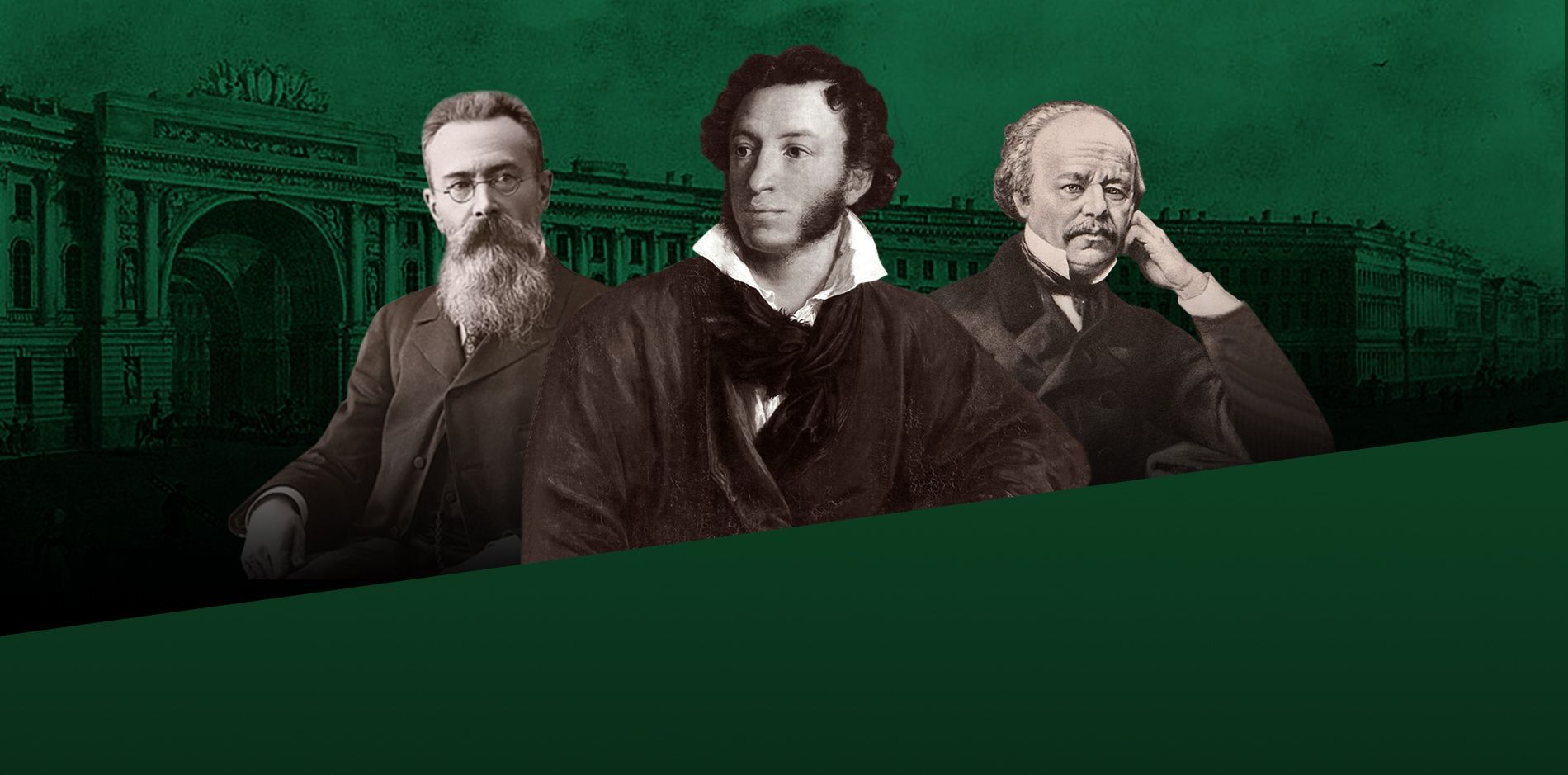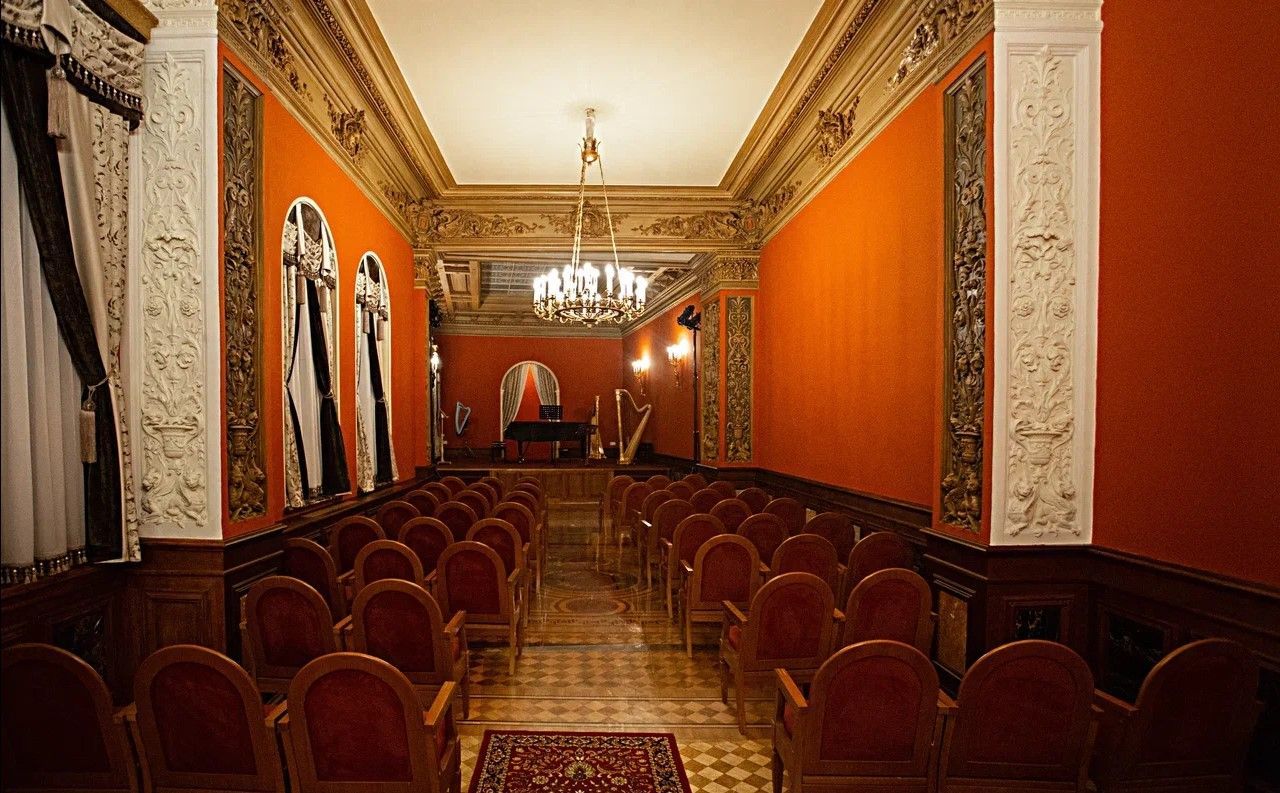Break 15:00–16:00
La bohème
The famous opera by Puccini is interpreted as a story about the tragic contradiction between the dream and the prose of existence.
05 May,
Sunday,
19:00


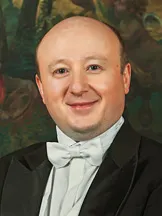


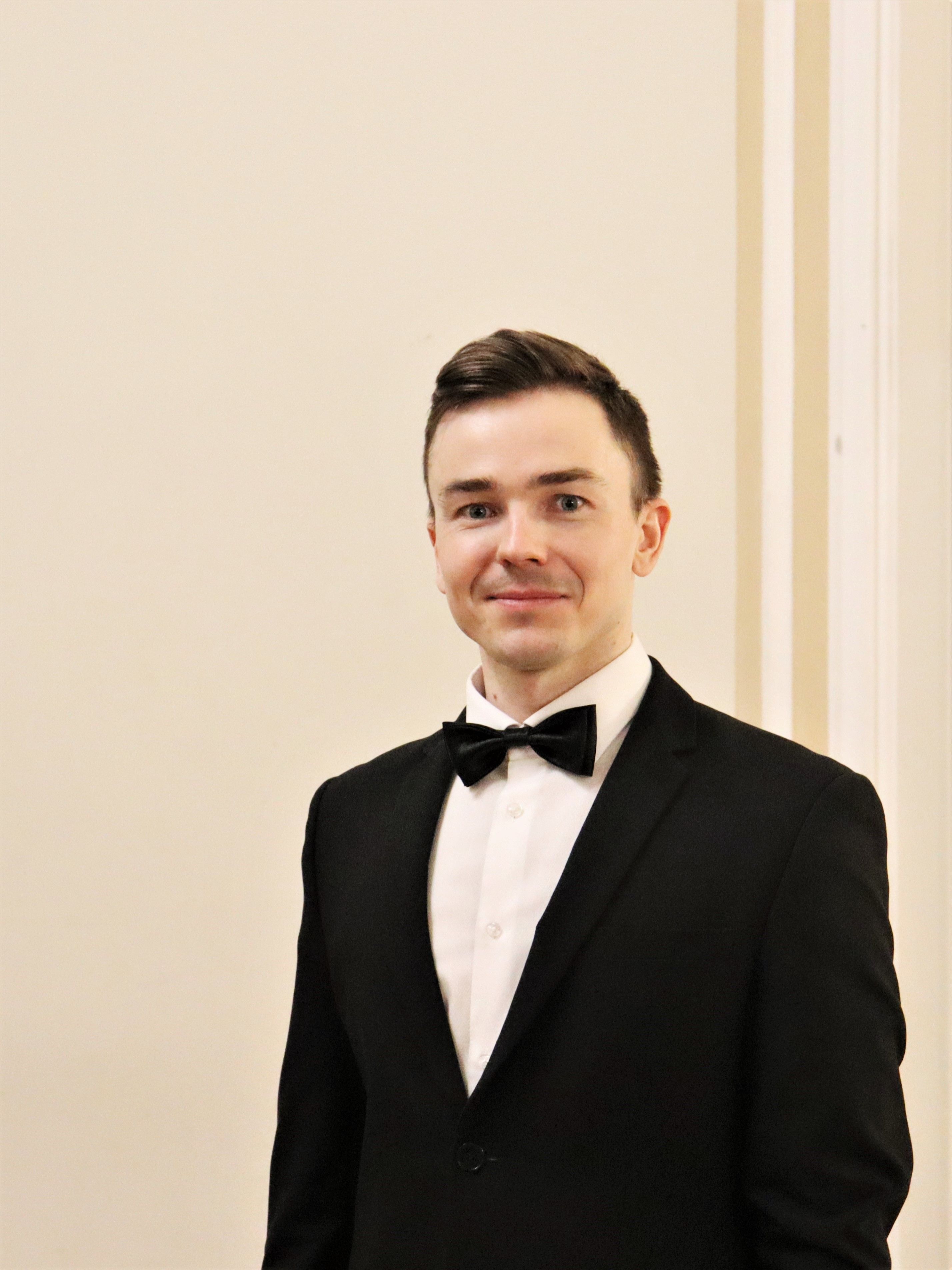

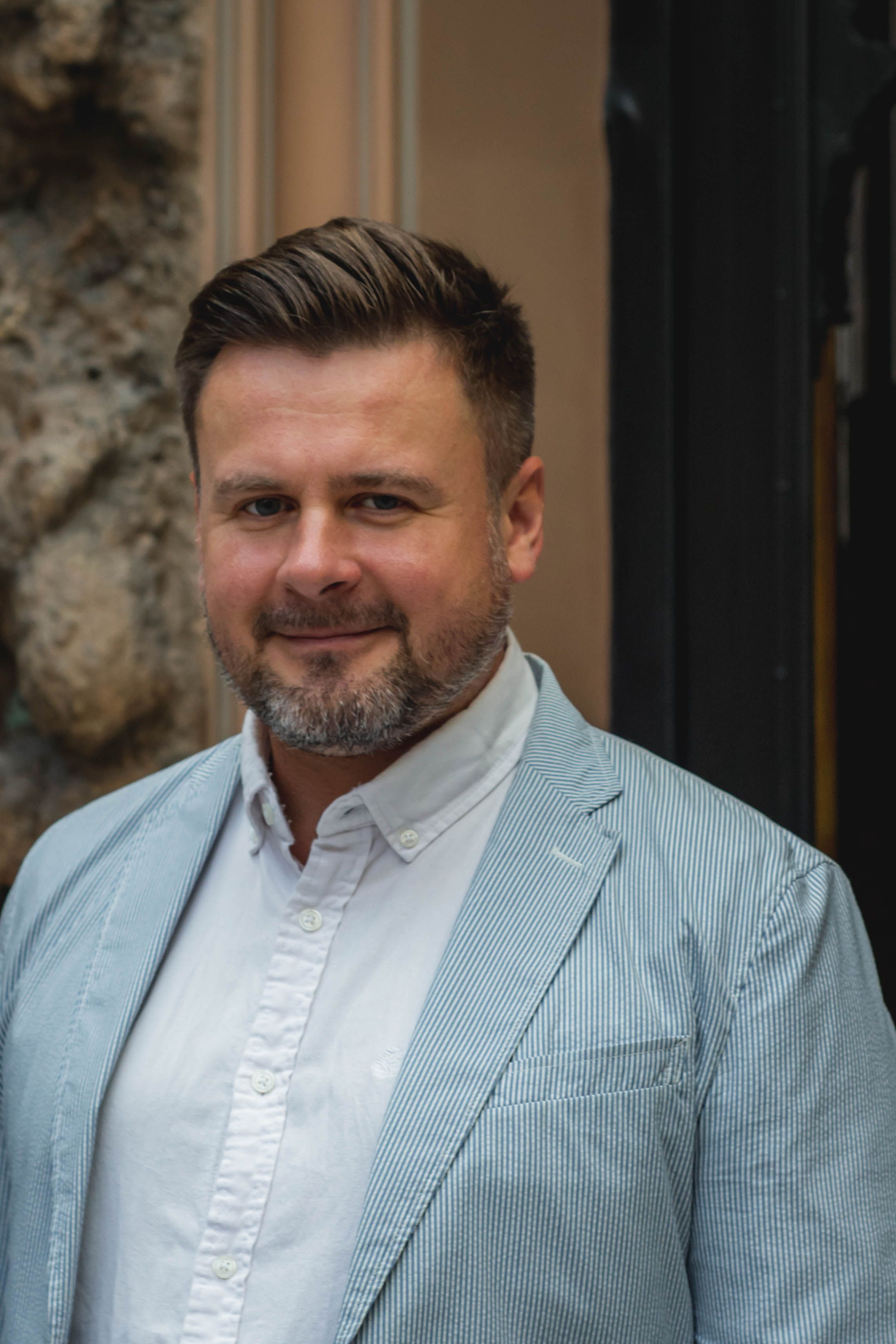
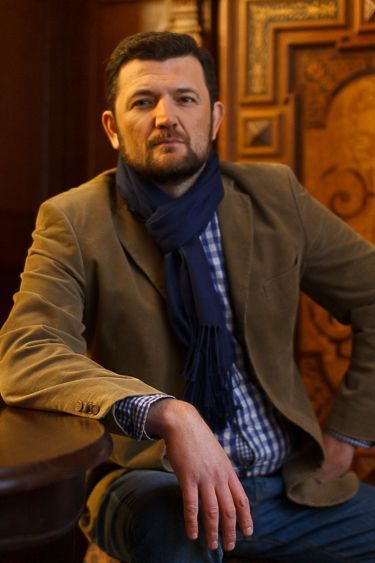


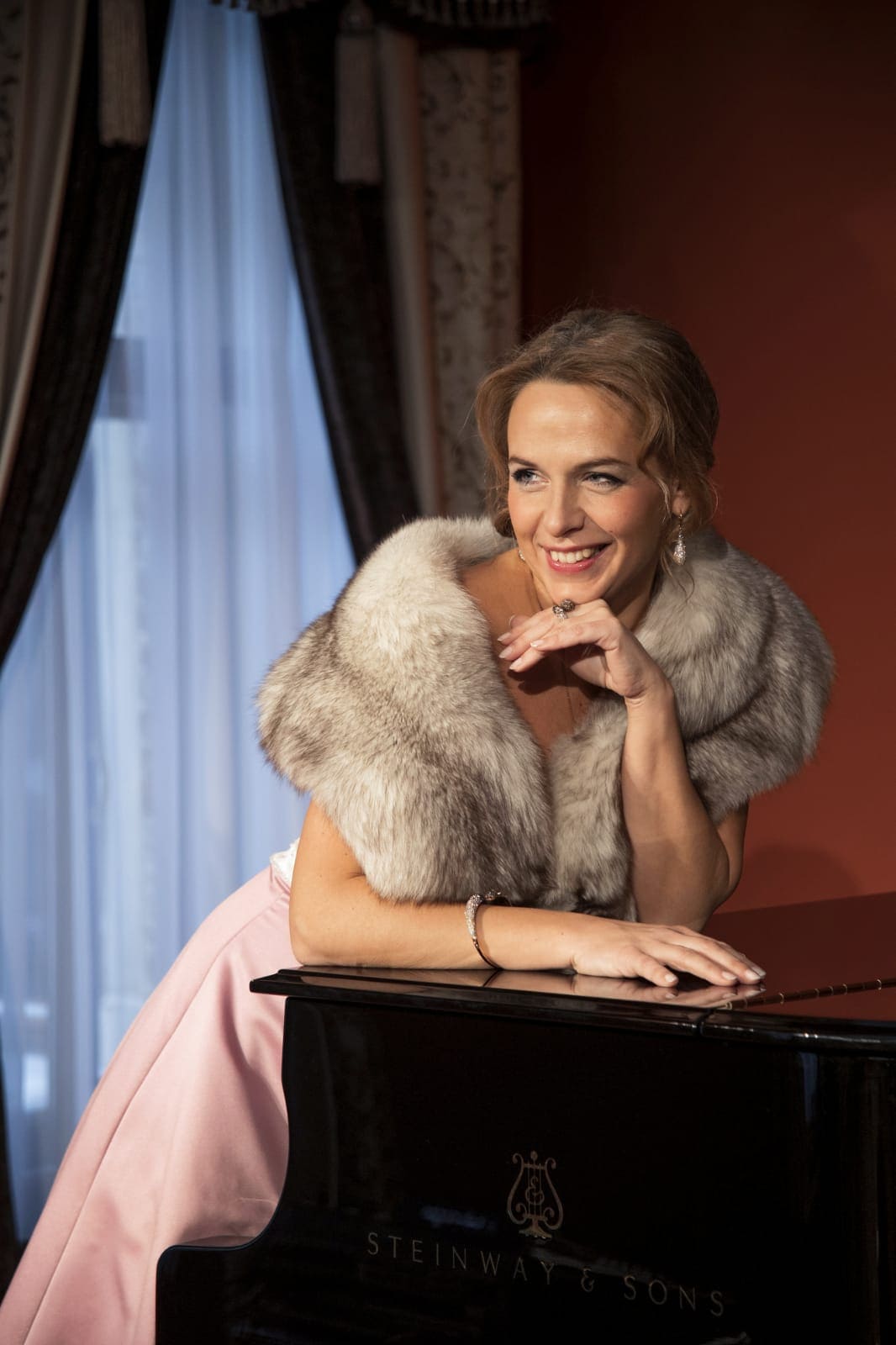
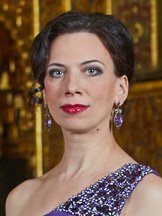

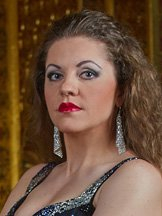

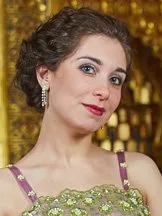




“For a long time I did not dare to turn to La bohème just because I often saw the falsity between the deliberate presentation of opera by no longer young singers and the delicate, vulnerable soul of this work, in which the main characters are young and sincere. The repertoire of the St. Petersburg Opera has enough works by Giacomo Puccini such Madama Butterfly, Tosca, Gianni Schicchi, Sister Angelica. We do not turn to operas that we just want to stage, but try to talk about what worries us most today. We have a cycle of performances about the fate of women in the modern world such as The Rape of Lucretia by Britten, La traviata by Verdi, Madama Butterfly and Tosca by Puccini, Lucia di Lammermoor by Donizetti. Today I am especially worried about the problem of young people who are disunited, abandoned by the state; everyone is trying to survive on their own. And the only thing that unites is the feeling of love. But even in this innermost there is interference from the outside – on TV endlessly they show programs where feelings are exhibited as at an auction. The performance La bohème is an attempt by our team to talk about this topic. The work is dedicated to friendship, very intimate and holy love, something that has always been a secret. It is easy to change love, but it is difficult to find it again later, God may not give a second chance.
The main artistic technique of the performance is a deliberate rejection of the usual theatrical decorativeness. The dominant feature of the scenography is a staircase leading to nowhere, the rest of the design elements – a stove, an easel, a couch are intended only to emphasize the reality of stage life. Time of action – the twenty-first century. Modern youth is so assimilated that this story can take place in Paris, in St. Petersburg, and in any other city – it does not matter. Most of all, I wanted to preserve the truth of human relations in this performance. The main difficulty in staging is in combining the conventions of singing existence and the reliability of life. I wanted to shake off even a hint of a pompous, aggressive opera message from the artists. La bohème is a completely transparent story. To play it, a mature professionalism achieved only within years is needed. In my theatre, the soloists are quite experienced, professional and young, they have an organic age, which is very important for me. I proceeded from their capabilities, texture, psychophysics. We strove to achieve the truth of existence on the opera stage. What came out of this is for the viewer to judge,” said Yuri Alexandrov.
Act I
The attic of Rodolfo and Marcello – two of four friends, young, carefree, belonging to a bohemian environment. Marcello, an artist, is working on the painting Crossing of the Red Sea. He complains to his friend, the poet Rodolfo, about the terrible cold. There is no firewood in the house for a long time. Rodolfo comes up with a brilliant idea: he will light the stove with the paper on which he wrote his five-act tragedy. Colline arrives, a philosopher who regrets that he could not make money. The last is the musician Schaunard who procured food and wine. He says: an Englishman hired him to play for ... his parrot until the bird dies. Schaunard played for three days, but the parrot did not die. Then Schaunard prepared a parsley drug for the parrot, after which the bird immediately died. It was then that the Englishman paid for playing music. In the midst of courage and fun, Benoit, a landlord, appears in the attic to his friends and demands payment for rent. He is treated to wine and soon unceremoniously kicked out of the room without paying anything. Schaunard, Marcello and Colline go to café Momus, leaving Rodolfo at home, who explains that he has to finish one article. He does not get the inspiration and gets annoyed. There is a hesitant knock at the door. This lovely young neighbor came for help – her candle went out. Rodolfo invites her into the room. She barely restrains a coughing fit and, to the horror of the poet, faints. Rodolfo brings her to her senses and treats her to wine. Suddenly, the guest leaves, but soon returns, it seems to her that she has dropped her key here. While they are looking for the key, the candle goes out again. Rodolfo, holding the hand of a neighbor, talks about his life (aria “Che gelida manina” (“What a frozen little hand”). The girl, in turn, also tells Rodolfo about herself: her name is Mimi, she embroiders on silk and makes jewelry – flowers (aria “Mi chiamano Mimì” (“They call me Mimi)”. Both feel they can be happy together. Rodolfo and Mimi hear loud voices of friends. A couple in love intends to join a fun company in a cafe.
Christmas Eve. Street vendors scurry among vacationers and loudly praise their wares. Everyone is in a festive mood and buys all kinds of trinkets for the occasion. In the crowd – Rodolfo with Mimi. Colline and Schaunard are examining things at the junk dealer, asking about prices. Marcello is also around. Friends meet in a cafe. Rodolfo introduces the girl to them. A large, cheerful company takes a table, orders drinks and food. The wealthy Alcindoro and his spectacular companion Musetta, formerly Marcello's girlfriend, come to the same cafe. She is tired of the company of a rich, old, boring admirer, and she is desperately trying to reconnect with her former lover. At first, Marcello pretends not to pay attention to her, but when she sings her famous song (“Quando m'en vo 'soletta per la viva” (“Musetta's Waltz”), he gives up. The mischievous Musetta suddenly cries out: her shoe is a complete punishment for her. This is a cunning trick: so she wants to get rid of Alcindoro at least for a few minutes by sending him with a shoe to the shoemaker. When, displeased, he leaves to find another pair of shoes, Musetta happily joins his friends. The sounds of a cheerful military band are heard, mixed with the howl of a police siren. Friends have no money to pay in the cafe, Musetta helps them out, leaving both accounts for a rather large amount of Alcindoro. Everyone is having fun on the eve of Christmas.
Act II
Night. The city lives its own life. Here and there tradeswomen, drunken companies, women of the night, security guards... Among them is Mimi, she is uncomfortable and lonely. She is looking for Marcello, who works as an artist in a restaurant, and tells him about her constant bickering with the jealous Rodolfo. Now, after the other quarrel, he ran away and left her... Marcello reports that Rodolfo is in this storefront... He promises to call him.
When Rodolfo leaves, Mimi hides. She hears her lover tell Marcello that Mimi is hopelessly ill and they need to separate. The shocked girl wants to explain herself to Rodolfo... Marcello, hearing Musetta’s loud and cheerful laughter, begins to rush about in a rage. He suspects that his careless girlfriend is flirting with someone again. Mimi suggests Rodolfo to break up (aria “Addio, senza rancor” (“Goodbye and don't be angry”). The lovers express the hope that they will be together again in the spring. The replicas of the second couple interfere in their conversation – it is Marcello and Musette quarreling...
The attic of Rodolfo and Marcello. Friends are trying to work, but their thoughts are occupied by something completely different, everyone thinks about their girlfriend. Colline and Schaunard return with provisions. All four behave like children, rejoicing at a rotten herring and a piece of stale bread. The fun stops when Musetta bursts into the room. Together with her Mimi who does not stand on her feet because of weakness. Musetta is worried as she feels that her friend is dying. Mimi is shivering. Friends try to help the girl: Musetta asks Marcello to sell her earrings to pay the doctor, Colline parts with his coat (aria “Vecchia zimarra” (Coat aria). He intends to sell it for Mimi – the only thing he can do for her. The two lovers are finally alone. At some point, it seems to them that the disease has receded. They are happy. But this is just an illusion. Mimi is losing strength every minute. Friends return with medicine, but too late. Distraught with grief, Rodolfo is left alone with his lost love...






